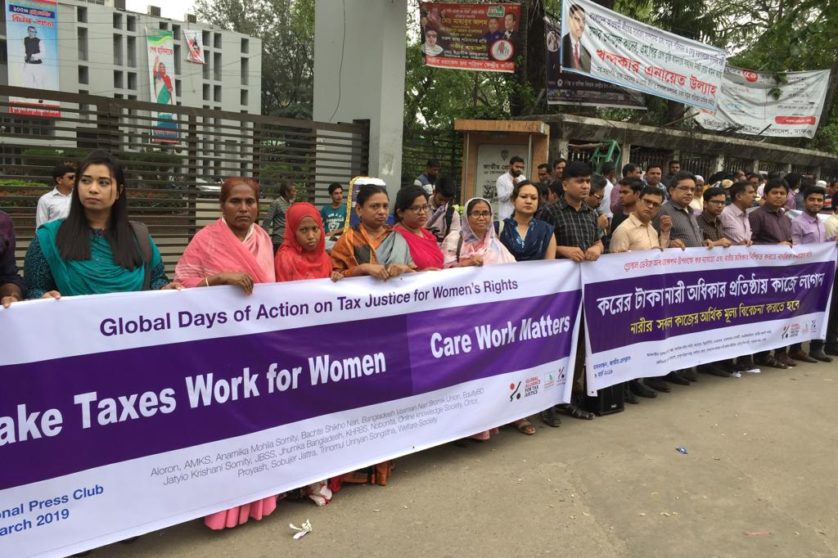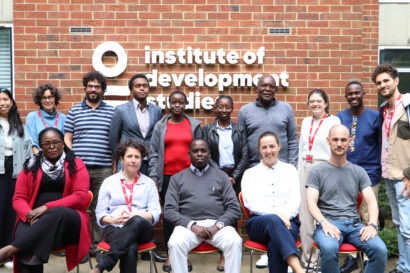Civil Society Organisations (CSOs) have rightly been receiving increasing attention from researchers, as it is clear that they can be instrumental in advocating for more equitable tax systems. The ICTD has partnered with the International Budget Partnership (IBP) to fill the gaps in our understanding of the role of CSOs in tax reform. We are happy to share a new set of resources from the IBP’s Tax Equity Initiative with you here.
In October, IBP published a comprehensive literature review on the topic of the politics of tax reform in low- and middle-income countries, in which they highlight the role that civic actors can play in ensuring a more progressive revenue generation. The literature review also investigates the process of tax reform the forces that shape it, providing insights on the challenges and opportunities.
IBP also produced a more condensed guide summarising the main takeaways of the literature review and raising important questions and suggestions for civic actors to consider as they plan their tax initiatives. The guide invites readers to reflect on the interests of the actors involved in tax reform and which strategies may be most effective based on the evidence. It emphasises the political nature of reform, encouraging readers to think about the salience of the type of tax, who will be affected by proposed changes, and how to overcome opposition from powerful actors, such as the rich.
In addition, IBP has recently released the dataset of a scan of more than 170 CSOs working on taxation across 66 countries. The accompanying report provides insights on the types of tax issues tackled by civic actors across the globe at both domestic and international levels, and discusses the different ways in which CSOs approach taxation, ranging from a focus on domestic revenue mobilisation (DRM) to exploring the social/fiscal contract between state and citizen or exposing the inter-linkages between the international financial architecture and domestic tax systems.
The scan finds that strong regional and international civil society coalitions (both South-South and North-South) such as Tax Justice Network Africa, Latindadd, and Tax and Fiscal Justice Asia contribute to enhancing cooperation, capacity building, and overall engagement in debates around tax policy and tax reform. On the other hand, work on domestic taxation issues is more fragmented and piecemeal. The report also presents the main constraints faced by CSOs, notably modest funding, capacity limitations, and an overall unfavourable ecosystem for advocacy. Read more about the emerging trends and priorities in our joint blog.
This week, the IBP published a paper synthesising the findings from a set of seven in-depth case studies (France, Guatemala, Kenya, Mexico, Philippines, Uganda, and the United States), examining the campaigns of civic actors that either proposed and pushed for specific tax reforms or opposed reforms that had been introduced by the government. The paper explores five main themes emerging from the case studies including narratives, and the media, strategies for engaging at different levels and with different parts of government, and building effective coalitions. Read more about building coalitions in the context of Covid-19 in our joint blog.
The ICTD has also published a new paper on strengthening the links between tax and accountability, focusing on fiscal transparency and taxpayer engagement with evidence from Ghana and Sierra Leone. Based on research supported by the Open Society Foundations, the paper draws out lessons for CSOs and governments in terms of how to achieve meaningful transparency and enhance taxpayer understanding and constructive engagement in practice. If you are interested in pursuing research in this area, the ICTD’s programme on tax and civil society is currently calling for proposals.



